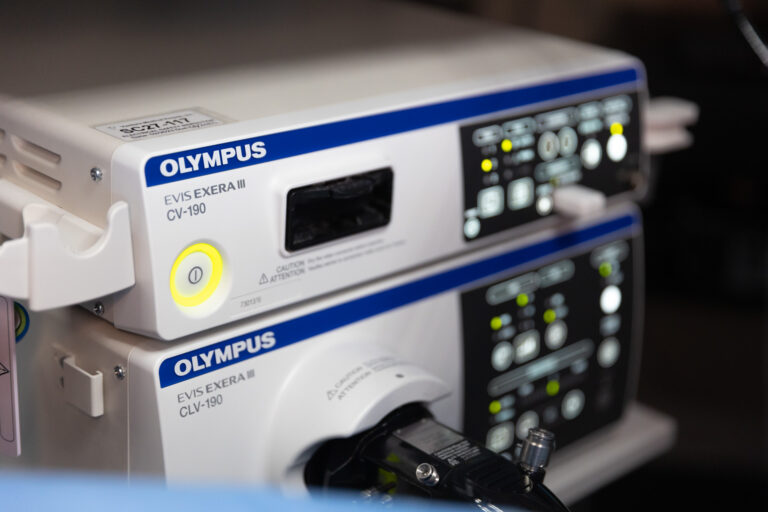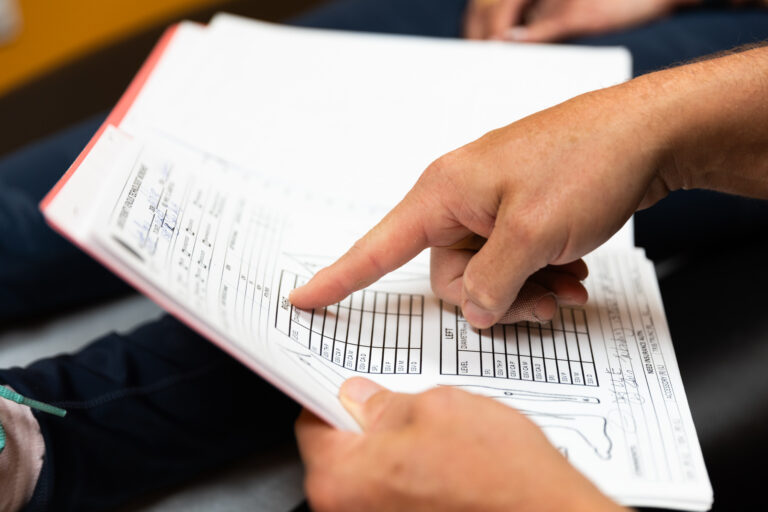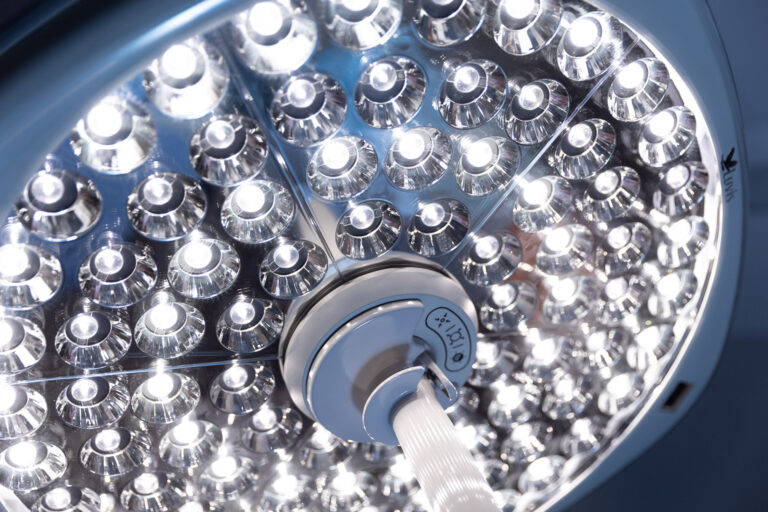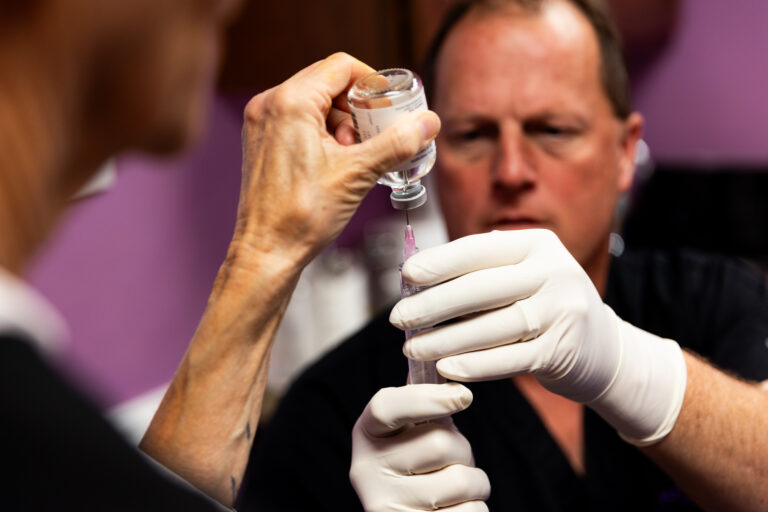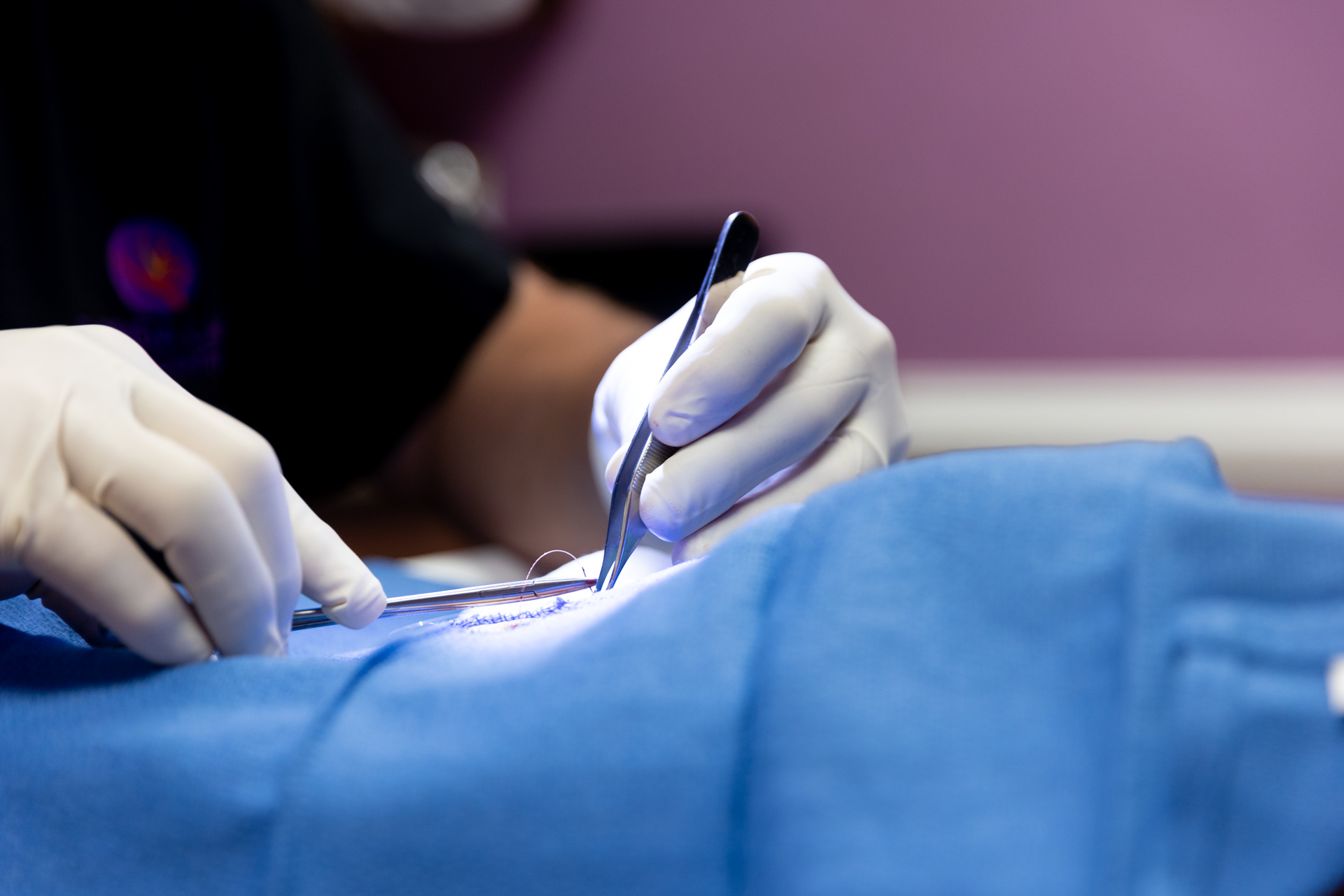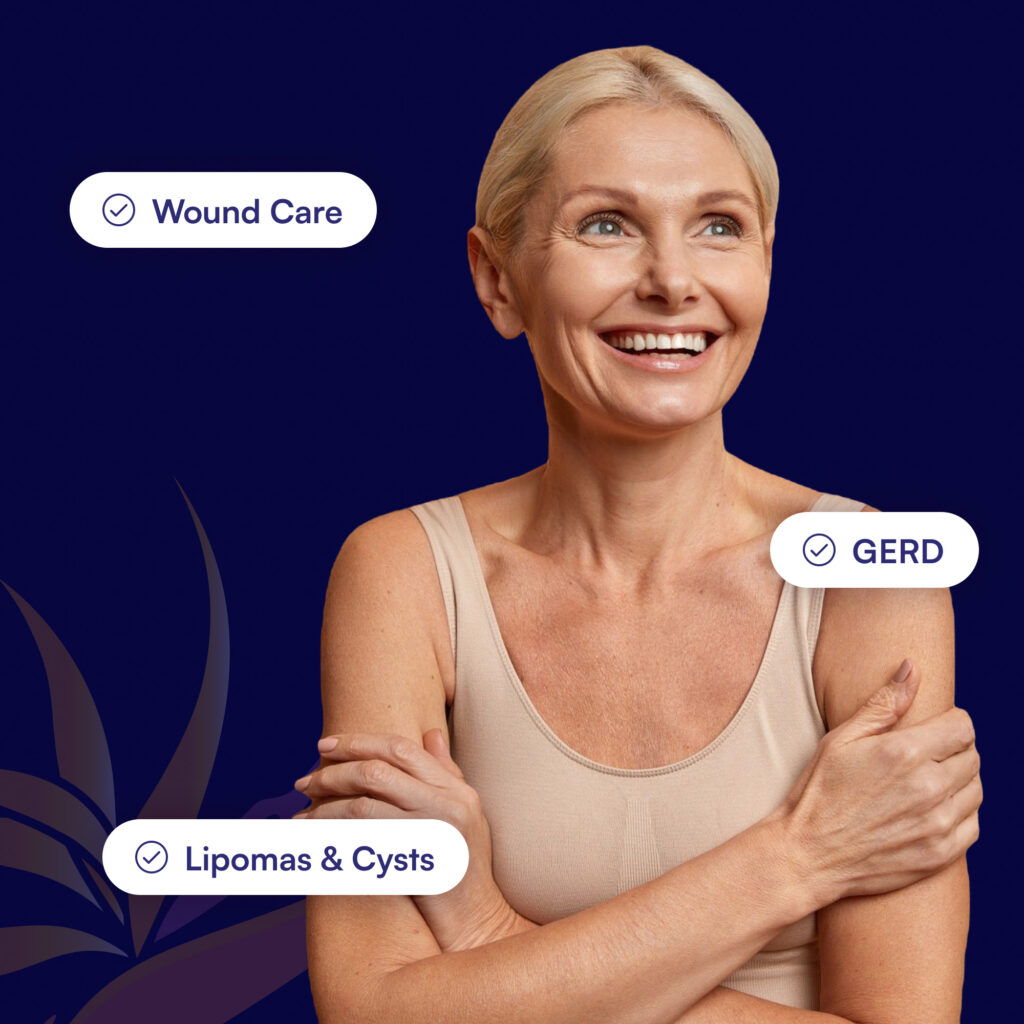Generally, acid reflux occurs right after eating and is less severe than GERD. If you experience worsening heartburn more than twice a week, you may have GERD. You can use our GERD screening tool to get an initial analysis of your condition, but accurate diagnosis and treatment come from visiting Florida Lakes Surgical for a consultation.
Find Healing for Your Heartburn
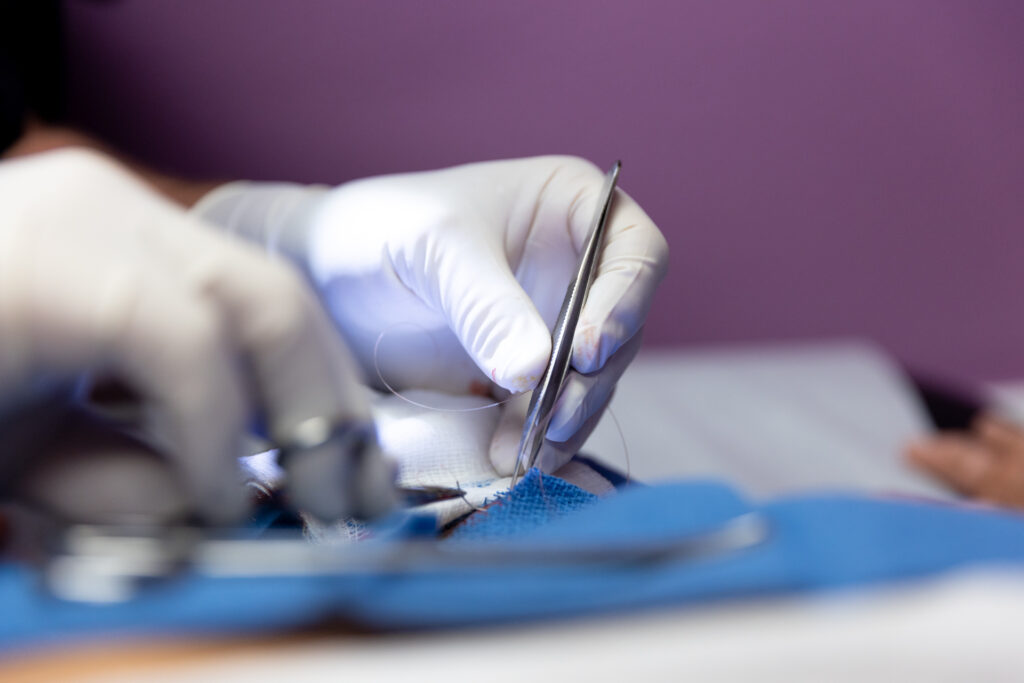
Find Healing for Your Heartburn
If you struggle with frequent heartburn that is worsening, you might have gastroesophageal reflux disease (GERD). GERD is a more serious form of acid reflux that results in heartburn, acid in the mouth, asthma, trouble swallowing, and more.
The burning sensation in your chest or throat from heartburn happens as your stomach acid flows upward into your esophagus. This unpleasant condition can make even eating and digestion painful, but the experts at Florida Lakes Surgical can evaluate your condition to identify ways to bring you relief!
The burning sensation in your chest or throat from heartburn happens as your stomach acid flows upward into your esophagus. This unpleasant condition can make even eating and digestion painful, but the experts at Florida Lakes Surgical can evaluate your condition to identify ways to bring you relief!
If you struggle with frequent heartburn that is worsening, you might have gastroesophageal reflux disease (GERD). GERD is a more serious form of acid reflux that results in heartburn, acid in the mouth, asthma, trouble swallowing, and more.
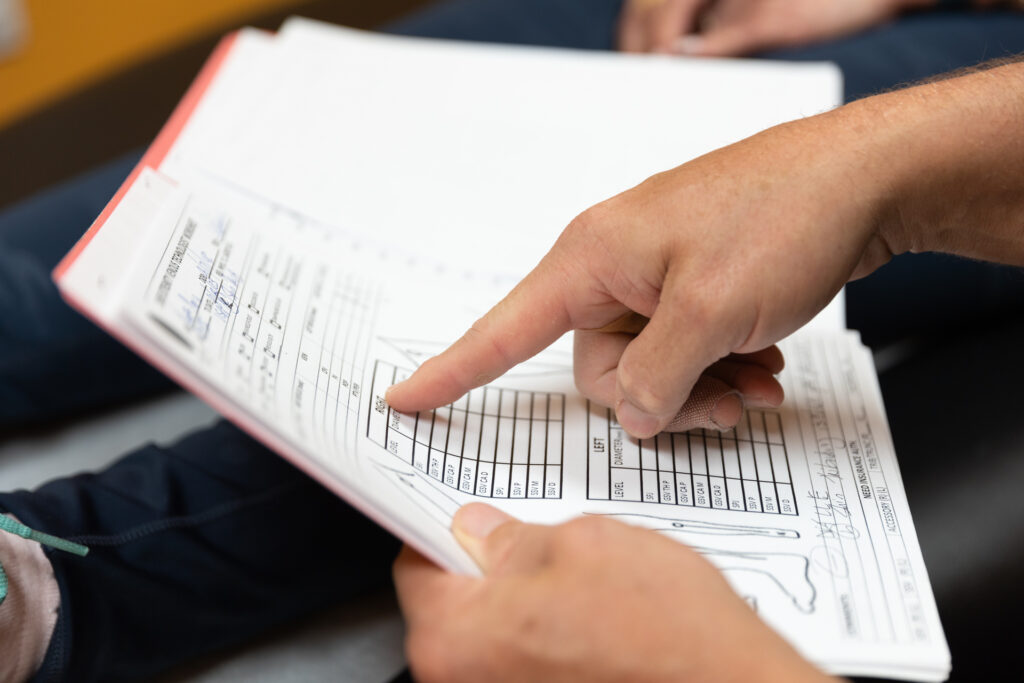

If you struggle with frequent heartburn that is worsening, you might have gastroesophageal reflux disease (GERD). GERD is a more serious form of acid reflux that results in heartburn, acid in the mouth, asthma, trouble swallowing, and more.
Your Options for GERD Treatment
We don’t immediately resort to surgery when it comes to your GERD treatment in Sebring. We’ll conduct a screening to review your symptoms, and we may conduct a pH test of your esophagus to analyze your acid reflux. Once we determine the cause and severity of your condition, we’ll move forward with a treatment plan, individualized to you.
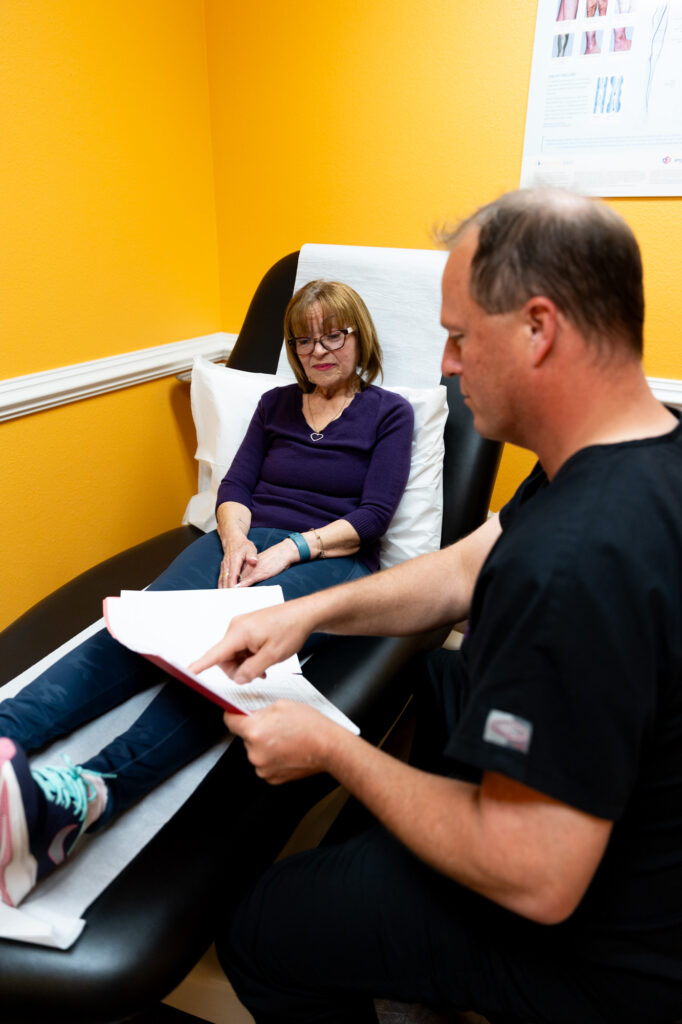
Causes of GERD
Smoking
Smoking or vaping contributes to the weakening of the esophagus, which allows stomach acid to flow upward.
Excess Weight
Being overweight or obese can exacerbate acid reflux and heartburn.
Hiatal Hernia
A hiatal hernia, which is when a part of your stomach bulges through the diaphragm muscle, can cause GERD.
Frequently Asked Questions About GERD
Sometimes, GERD and/or acid reflux can be treated with simple lifestyle or behavioral changes. If you notice certain foods that trigger your GERD, then you should avoid eating them. If you are overweight, weight loss can be an important component of treating GERD. Activities like smoking, eating food late, or eating too much can worsen your symptoms. At your consultation with Florida Lakes Surgical, we’ll first determine if we can use conservative approaches before resorting to surgical GERD treatment in Sebring.
If we do find that surgical intervention is necessary, we may perform several tests, such as a pH test or a manometry, to evaluate your esophagus. After that, we can identify which surgery may be best for you, which can involve any of the following:
- Transoral Incisionless Fundoplication (TIF): This procedure avoids incisions and minimizes recovery time. It rebuilds the valve between your stomach and esophagus to maintain its structure.
- LINX®: A LINX® is a laparoscopic procedure that places a strand of magnetic spheres to help tighten the esophageal sphincter.
- Hiatal Hernia Repair: If your GERD stems from a hiatal hernia, then surgical hernia repair may solve the problem. We also may restructure your sphincter during this surgery for maximum success.
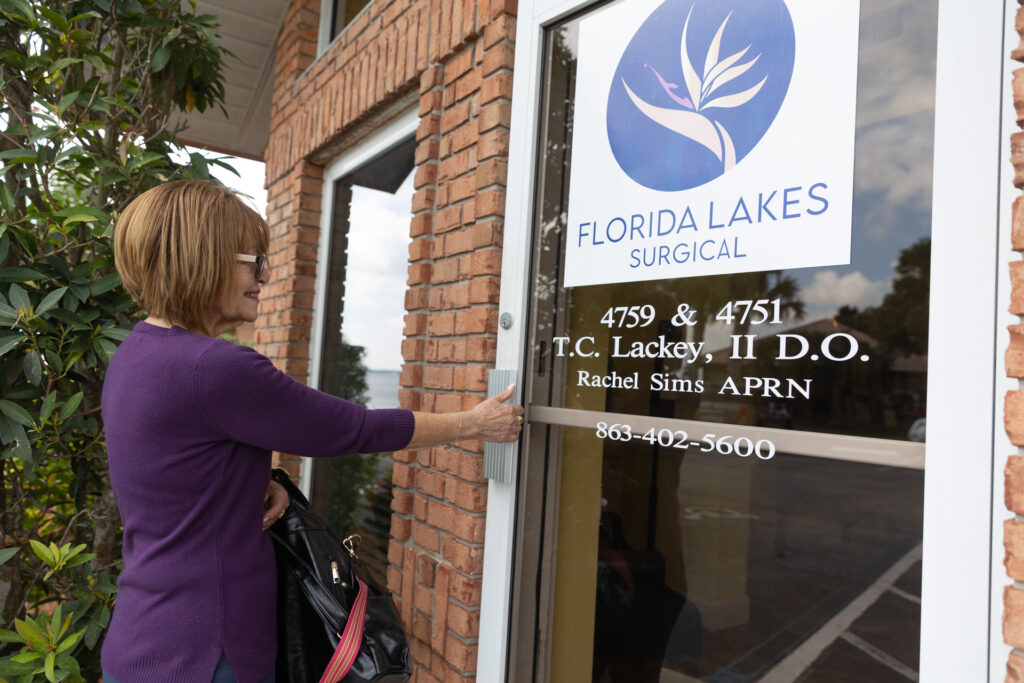

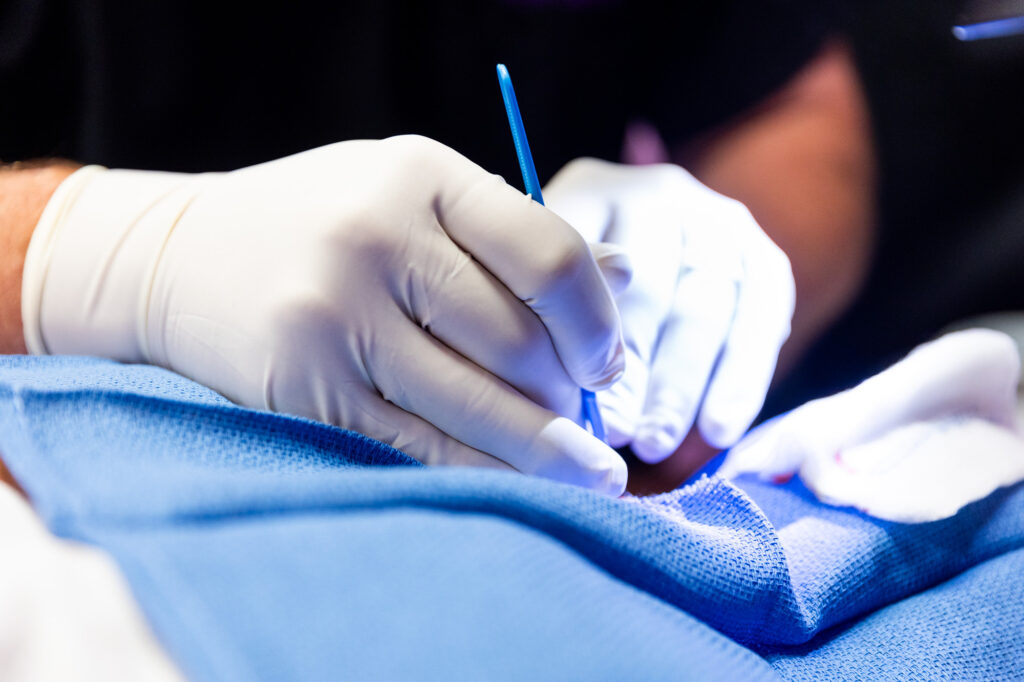
About Florida Lakes Surgical
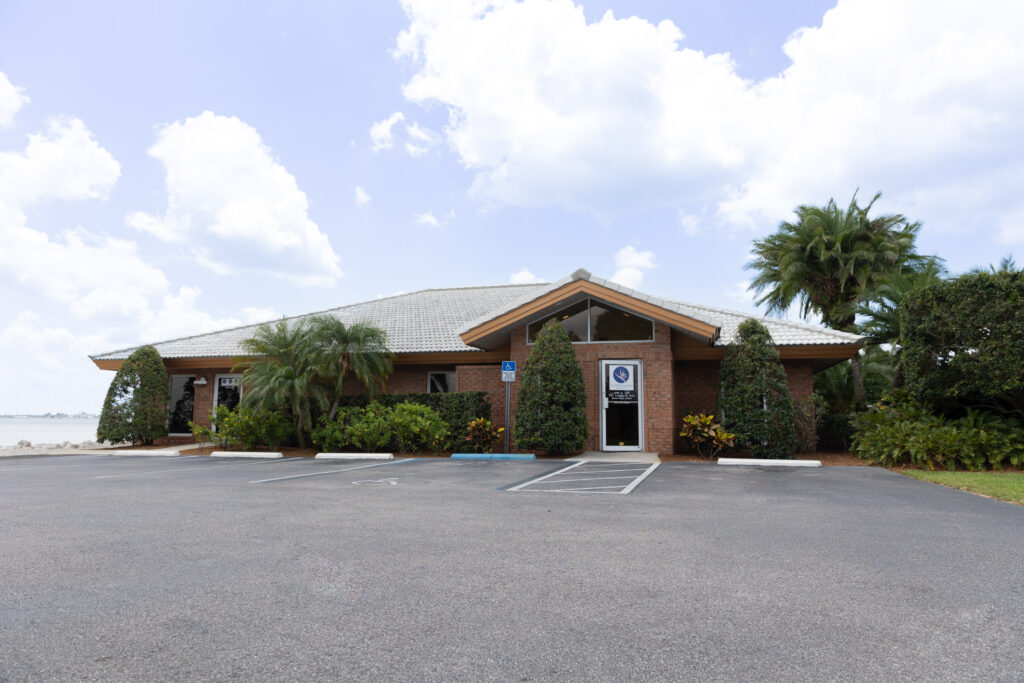
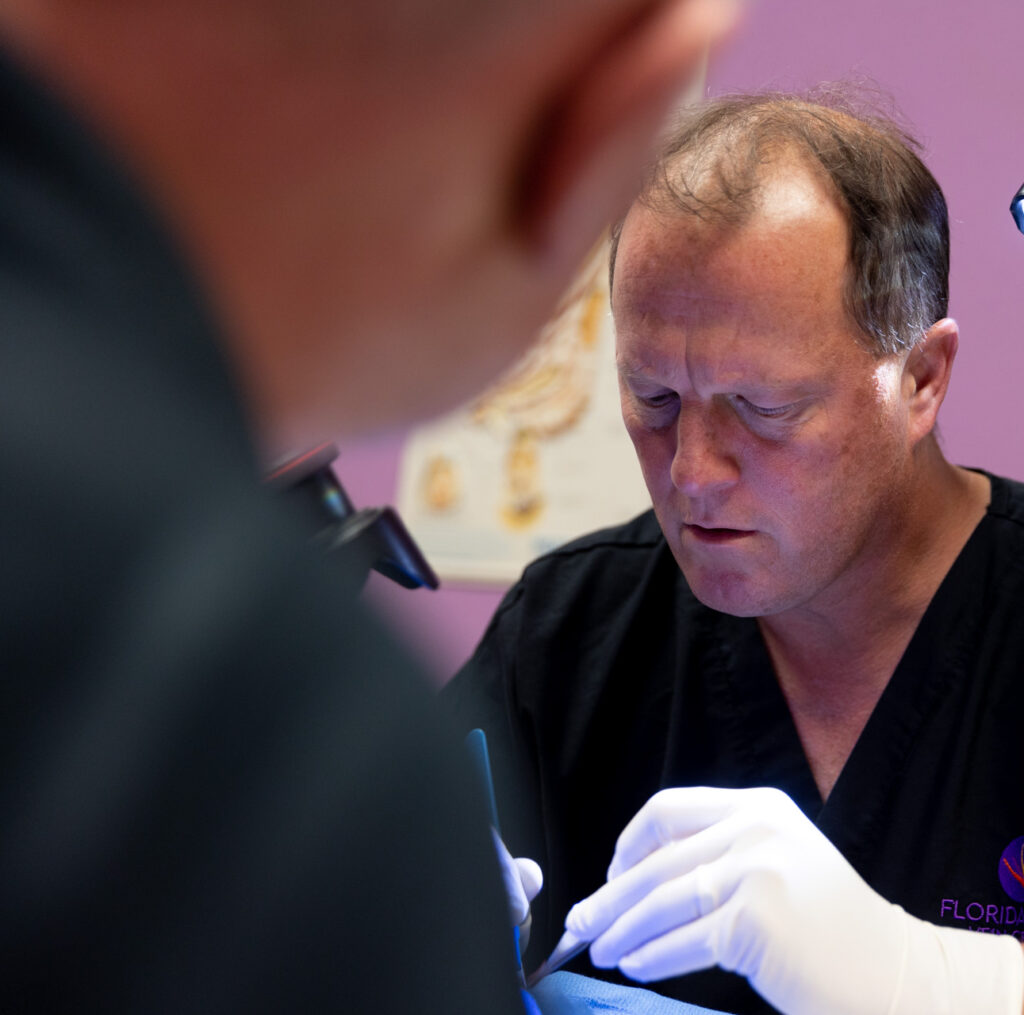
The team at Florida Lakes Surgical strives to help all of our patients experience life free from the pain and discomfort of chronic conditions.
As specialists in robotic and general surgery, we explore all possible options for our patients before selecting a method that will both fit into their lifestyle and give them much-needed healing.
Find Out The Reason Behind Your Heartburn
Schedule your first visit with Florida Lakes Surgical to diagnose, understand, and treat your concerns!
